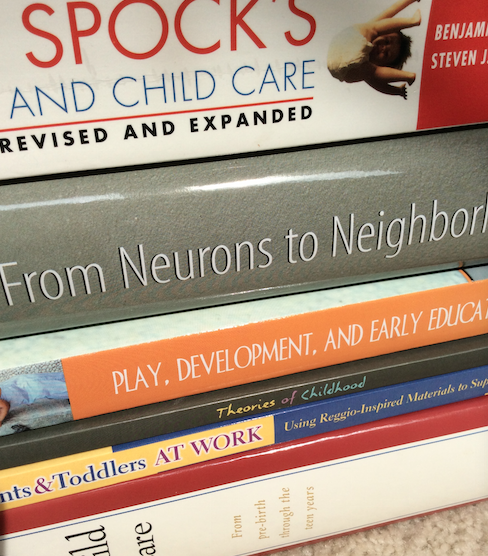Parents today have access to enormous amounts of information regarding child development and parenting practices. Mommy blogs abound and websites catering to the latest trends, fads and buzzwords along with celebrity baby gossip proliferate the internet. It would seem as though moms and dads are swimming in words written about all they should and should not do as parents.
Much of what is written reflect fleeting trends and single stories of one particular family in their particular set of circumstances, rarely standing the test of time. These trends and stories receive their fifteen minutes of fame before we collectively move on to the next item of interest that catches our attention.
Breast versus bottle, home birth or hospital delivery, co-sleeping or separate bedroom, home school/public school/private school, attachment, free range or authoritarian, organic or processed? We are inundated with choices and we often led to believe that our choices on parenting issues and who we align ourselves with define who we are and how others perceive us. Terms are bandied about without much bandwidth given in providing clear definitions and guidelines of what those terms actually mean.
Behavioral scientists, psychologists, anthropologists and other researchers have been observing and documenting research on child development and child rearing for centuries. A staggering amount of research is also currently being conducted and exciting relevant information is made available to the public almost every day.
New research is not easily accessible to parents who would benefit from sharing that knowledge. Scientific journals are academic, dense and cumbersome to read. The articles lack catchy headlines, glossy photographs and stories that capture the human connection thereby drawing readers in. News outlets covering research related news can serve to bridge the gap between science and the general public, but as stated above, the news cycle moves quickly and readers’ attention quickly moves on to other topics of interest.
Here at Nurturance we are committed to providing research based information on child development and parenting practices allowing parents to make informed choices about how to best nurture their children and raise them to be successful, independent, functioning adults. (We recognize that “successful,” “independent” and “functioning” are words that are open to interpretation, thus topics to be further explored.) Follow our Facebook page to receive daily links to relevant articles on a variety of topics related to raising young children.
Please let us know what you are interested in learning more about. Ask your questions either in the comments below or use the contact tab above.

Leave a Reply